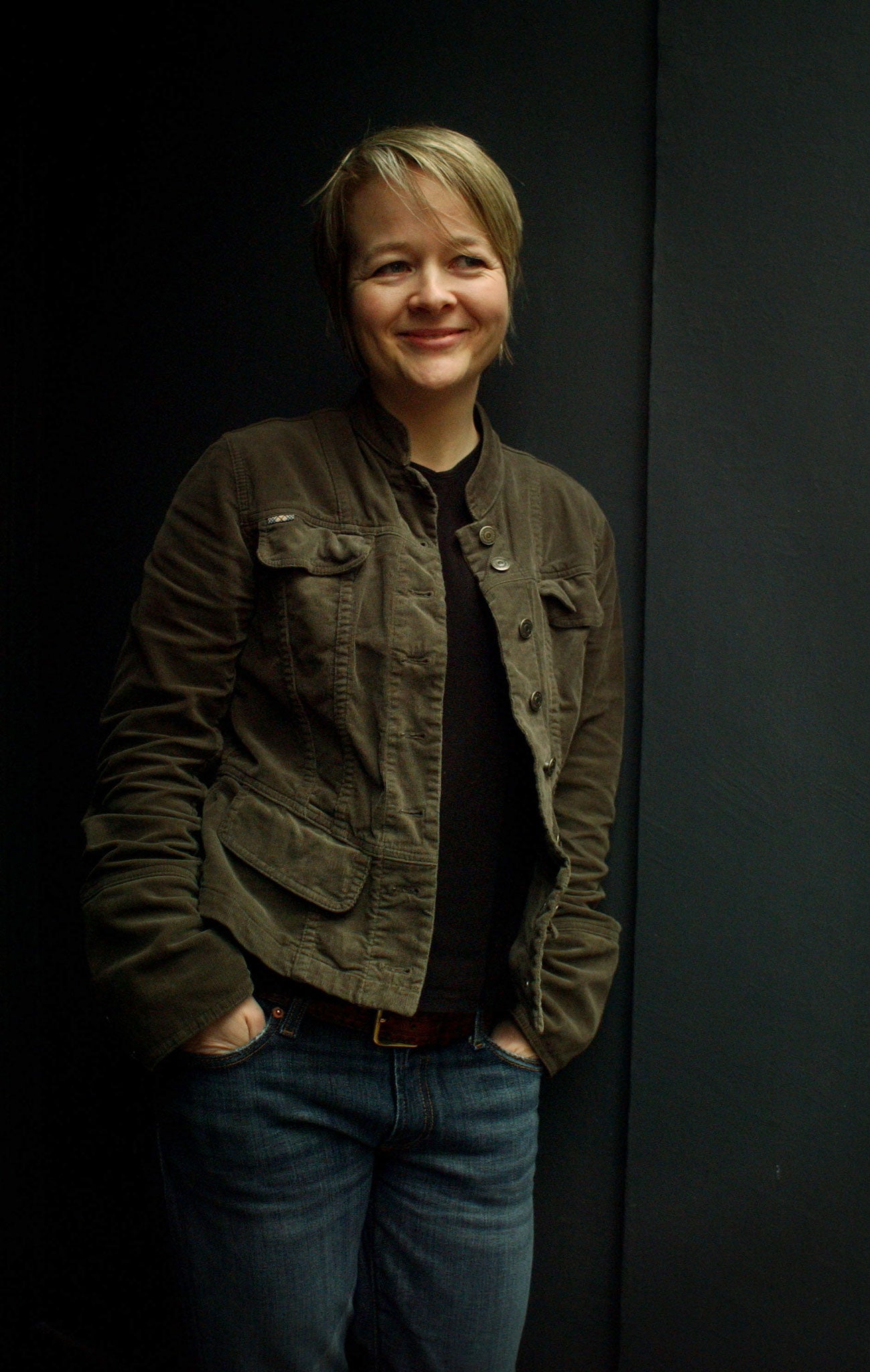The Paying Guests by Sarah Waters, book review: Novel tackles big themes but lacks bite

Your support helps us to tell the story
From reproductive rights to climate change to Big Tech, The Independent is on the ground when the story is developing. Whether it's investigating the financials of Elon Musk's pro-Trump PAC or producing our latest documentary, 'The A Word', which shines a light on the American women fighting for reproductive rights, we know how important it is to parse out the facts from the messaging.
At such a critical moment in US history, we need reporters on the ground. Your donation allows us to keep sending journalists to speak to both sides of the story.
The Independent is trusted by Americans across the entire political spectrum. And unlike many other quality news outlets, we choose not to lock Americans out of our reporting and analysis with paywalls. We believe quality journalism should be available to everyone, paid for by those who can afford it.
Your support makes all the difference.Sarah Waters' women are good at falling in love with each other. They are also good at keeping this love secret. The Paying Guests, her sixth novel, is set in London of 1922, a period that – just about – allows her lesbian lovers the freedom to pronounce their love aloud.
This is the heyday of the Bloomsbury Group, after all, and there is an openly gay couple in the novel who have paved the way. Waters’ protagonist, Frances Wray, a genteel spinster who lives with her mother, feels little need to keep her love secret. It is this, in part, that leads her clandestine affair with the married Lilian Barber to turn from a “love story” into a “crime story” and accompanying courtroom drama.
None of this is new for Waters. Crimes and passions were captivatingly combined in her Man Booker shortlisted Fingersmith. What dictates the tension is the differences between the lovers. Frances is the era’s new woman: politicised, unmarried, almost “out”, Lilian, though, is one half of a “clerk class” couple who lodge with the Wrays, and is the consummate man’s woman – a pretty, curvaceous, conventional wife.
Maybe because of these differences, the book creeps, somewhat, towards their first kiss, which comes over 200 pages in, though we have seen it coming (in France’s desire) in the earliest chapters, when she catches a glimpse of Lilian’s bare flesh (“her kimono parted... giving an alarming suggestion of the rounded, mobile, unsupported flesh inside”), and when Lilian takes her first bath that sends Frances quietly reeling into fantasy. Until the first kiss, the novel remains fairly stationery, percolating for a bit too long.
Yet the love story’s progression – to say more would give too much away – is not entirely convincing by the end. While Frances’s passion and later, pain, is entirely believable – and here, Waters excels at presenting the raw interiority of a quietly heroic woman, slightly too ahead of her time – there is something under-investigated about Lilian’s “turning”, especially over the question of going public.
Because she is so conventional – and admits as much – and because we have no access to her thoughts, her intention chips away at the reader, opening up doubt, and the expectation that she might be duplicitous.
Characterisation has a hint of familiarity, as if characters have been derived from Waters’ bank of past creations, and they lose some of their gleam for it, though the story stays emotionally-charged. Is Frances a reincarnated, gay version of the mannish spinster who is unable to cut the apron strings in The Little Stranger, Waters’ fifth, Man Booker shortlisted novel? Is this home – a character in its own right – like the haunted house in The Little Stranger (set in late 1940s Britain), also plagued by the undead, but this time by the ghosts of the Great War? Both have the same faded grandeur, and encompass the domestic trauma that “well-to-do” families faced as post-war society reconfigured itself.
The story comes to life in its evocation of the women’s war on the Home Front. The conspicuous losses of this period – seen mostly through widows and daughters who are left to run their depleted, man-less households, are movingly captured. There is, alongside the era’s new values (class mobility, represented by the Barbers’ move into the Wray’s home and women’s struggle for independence) the sense of a Victorian backlash embodied by Frances’ class snob of a mother.
There is, more generally, something of the “Victorian novel” about The Paying Guests. It is there in the nature of the crime and the courtroom drama, which might appeal to the likes of Kate Summerscale. It is there too in its narration which reads like a “ladies’ journal” at times (though delivered in third person) for its mix of domesticity, fantasy, “improper” passion and inner hysteria.
Waters’s historical fictions have shown her to be adept at tight, intricate plotting, most dazzlingly illustrated in the breathtaking plot twist in Fingersmith. If this is Waters’s early 20th-century crime novel, it does not match the imagination of this earlier Victorian crime novel.
Perhaps Waters does not want to put on a fireworks display of plot surprises. She does give us a poignant love story which symbolically sees in the death of the old order, the death of the old-fashioned husband and maybe the birth of an era of love without secrets. Yet we find ourselves wishing for a few more fireworks all the same.
Join our commenting forum
Join thought-provoking conversations, follow other Independent readers and see their replies
Comments